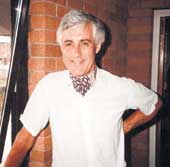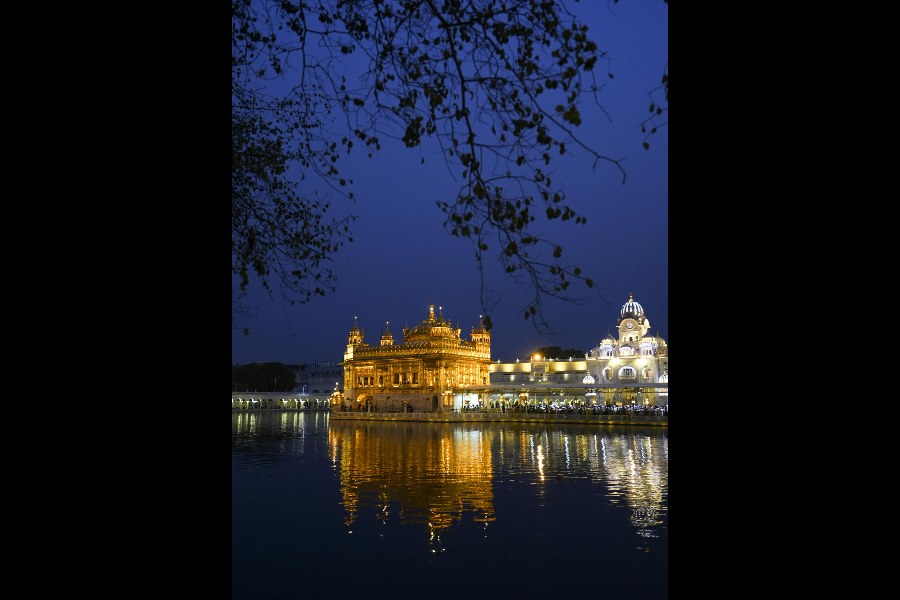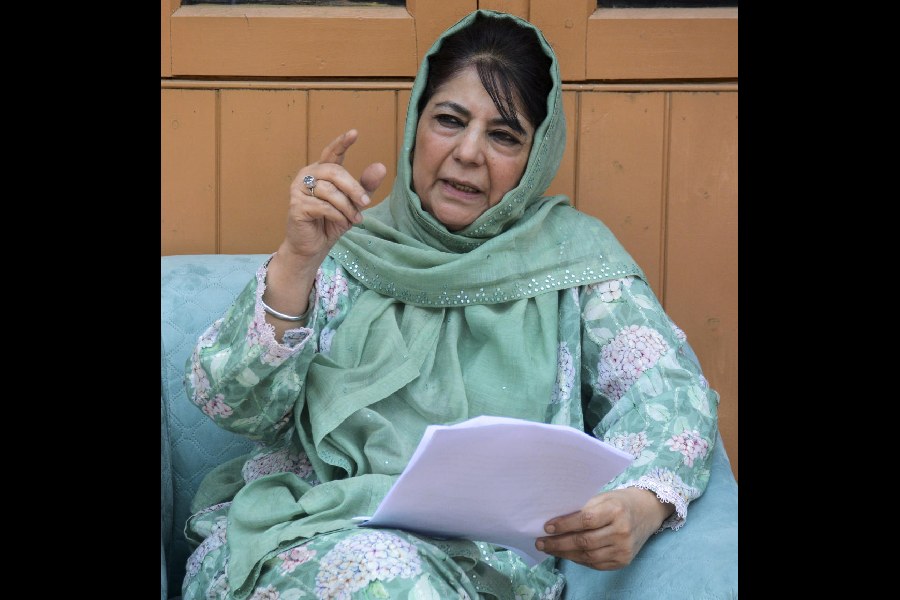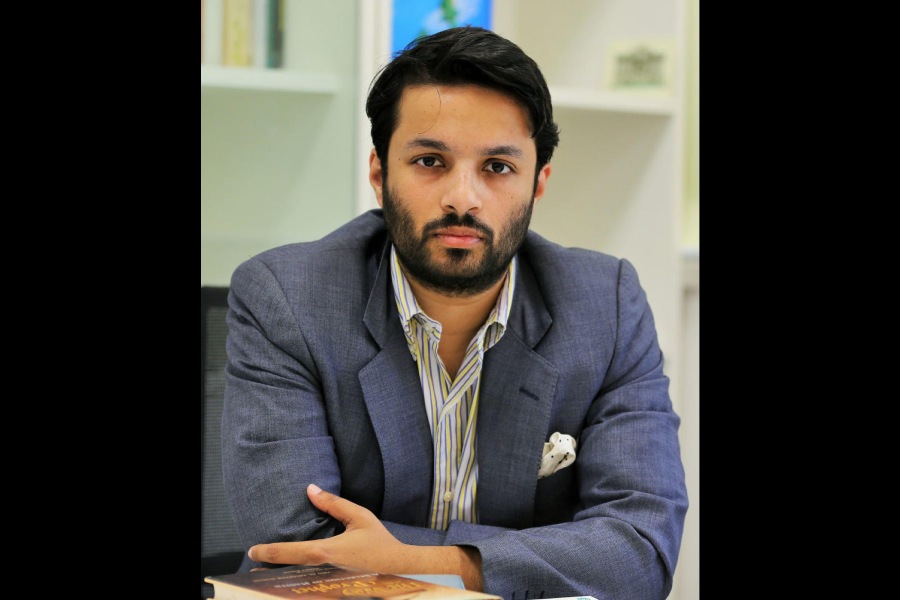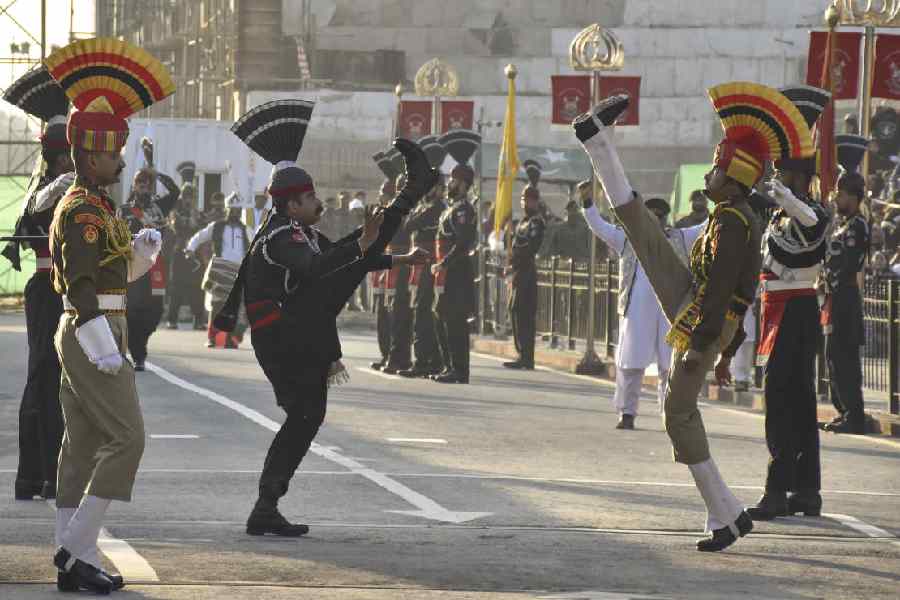 |
| Mike Brearley |
Nottingham: Most captains have, at some point or the other, read Mike Brearley’s Art of Captaincy. They’ve done so with good reasons, for Brearley’s record as the England captain was outstanding — 18 wins (four losses) in 31 Tests and 15 in 25 ODIs. Now 65, the intensely private Brearley spoke to The Telegraph for close to half-an-hour on Saturday afternoon. Incidentally, he’s going to be the next MCC president.
The following are excerpts:
On whether, with experience, sportspersons can become mentally tougher
Yes... However, like the other human qualities, something is (already) there... Toughness comes from realising that nothing comes easy... Comes by learning from people who’re tough in the mind... Comes from winning, which gives pleasure, and realising that you want to be a winner...
On having been an exemplary man manager
(Smiles) There’s no formula as such... You’ve got to be straightforward with people... On the whole, you may want to be nice and enjoy a good atmosphere, but a captain must be willing to be unpopular... Sometimes, you have to tell people what they don’t want to hear... But you’ve also got to say things that people are pleased to hear... Encourage people, but also be ready to confront them when things haven’t gone right.
On whether he would always be calm in the dressing room
Actually, you should be asking those who played under me for England and Middlesex... I suppose you’ll get different answers... I could be calm... Could be involved... Could be agitated... I could behave differently.
On handling (now Sir) Ian Botham
He wasn’t so temperamental... He was young... Gifted... Close to being a near-genius with whatever he did... Of course Botham had his moments, like we all do, but would work hard and play for the team... He would have ideas and would always be attacking. He had the enthusiasm of youth, the enthusiasm of a near-genius.
On whether it still was challenging to handle Sir Ian
No... It was terrific having him in the team... We did have the odd flare-up, but that’s it. He could’ve become difficult (to handle) later in his career, the time when he wasn’t so fit... Not when I was the captain... Perhaps, he became difficult after becoming unhappy with the way some things had gone...
On whether it’s tougher in the mind for today’s cricketers
In some ways, because of the itineraries... What makes it more difficult is that the players are into such a high percentage of international cricket... They don’t play much domestic cricket, where the intensity isn’t the same... I’m happy that England have gone back to allowing the regulars to play for their Counties... It was different when Duncan Fletcher was the coach. For those constantly playing at the international level, domestic cricket allows recovery... Some relaxation...
On his advice to today’s cricketers
The same things I would say to somebody in some other walk of life — learn to manage your mind... You’ve got to enjoy what you’re doing... Essentially, the game has remained the same, but the batsmen are more attacking and there’s greater emphasis on fielding.
On, being a psychoanalyst, his take on Marcus Trescothick becoming a victim of stress
I have no first-hand information, don’t have the inside story... It can’t only be cricket-related, otherwise everybody would be having the same problem.
On whether he admires any non-cricketer for his/her mental toughness
Actually, I don’t watch a lot of other sports... I watch some soccer (particularly Arsenal’s matches) and rugby... A tiny bit of tennis... I quite like Wayne Rooney... Like the way he has reined himself in without losing his flair... Remember, he got propelled into being a public figure at a very young age... Roger Federer, obviously, is a special player... I recall what Fred Titmus said — ‘it’s hard enough getting to the top, even harder staying there...’
On Tiger Woods
Don’t follow golf at all.
On what it takes to be successful
The ambition has to be very strong... You’ve got to have the capacity to refresh yourself... That’s necessary when you become a little complacent or routine... Like a Federer, you’ve got to keep the momentum going.
On whether there’s a change in his view that cricket has seen “very few” good captains
Well, to talk of the present, (Michael) Vaughan is good and Nasser Hussain was pretty good too... I’m not that sure about (Rahul) Dravid... He’s a decent bloke, great at concentration, but... I think Steve Waugh was a good captain and, before him, (Mark) Taylor... Ricky Ponting has improved... He wasn’t that good in the 2005 Ashes... He’d been defensive then.
On Sri Lankan Mahela Jayawardene, winner of the ICC’s first Captain of the Year award (2006)
Haven’t seen enough of him, but it seems he could be good.
On what makes a good captain
I’m sure I’ve given you the answer in earlier interviews... It has a lot to do with making the right decisions and getting enough decisions right... The ability to get the best out of the players, being strong tactically... There are quite a few ingredients... A tunnel vision doesn’t help.
Finally, the impact a captain can have
Huge... Could have a huge impact... Yes, it’s said that captains are as good as their teams, but while you can’t turn a bunch of donkeys into derby winners, you can certainly make them better donkeys! (Adds laughing) Or, worse!

